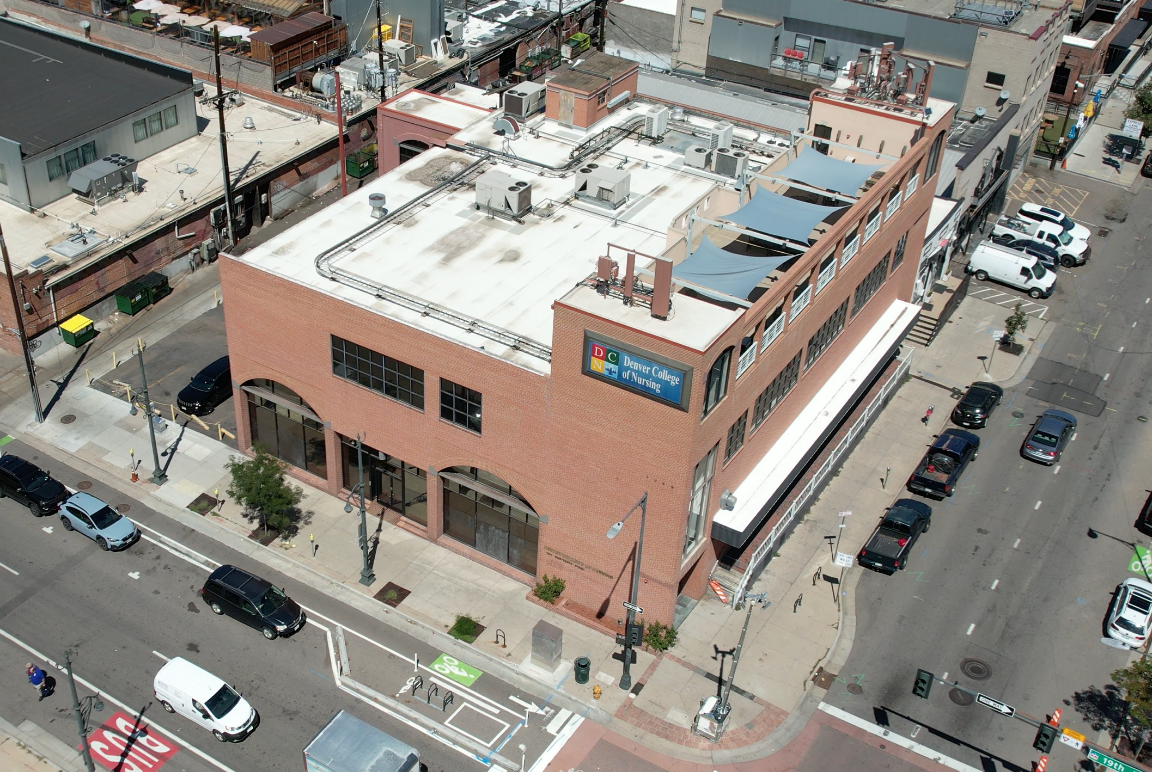When exploring how long it takes to get a master’s in nursing, you must consider the specific program.
The typical length of an MSN course is two to three years, with completion time depending on full- or part-time study. However, students who already have a Bachelor of Science in Nursing (BSN) degree and a current registered nurse license can earn their MSN in as little as 15 to 18 months through a program such as the online MSN program from Denver College of Nursing.
Online MSN courses allow registered nurses to earn a degree while they work. The six-quarter curriculum of the DCN program is self-paced and features core concepts such as advanced pathophysiology and advanced health assessments. Students also learn leadership and educational theories, preparing them for advanced nursing roles in management and education.
MSN Careers in Nursing
MSN-prepared nurses have advanced nursing, communication, and leadership skills. These skills are required for many nursing positions, such as the following:
- Nurse case manager. A nurse case manager helps coordinate care plans for patients, connecting them with essential resources.
- Clinical nurse educator. A CNE educates other nurses and ensures that they possess the skills and confidence needed to excel in their careers.
- Nurse informaticist. A nurse informaticist analyzes patient data from electronic health records (EHRs) to improve patient care and identify emerging health trends. Nurse informaticists act as liaisons between the technology staff and the medical staff, but they don’t work directly with patients.
- Clinical nurse specialist. A CNS provides direct patient care, including diagnosing and treating patients, and may also prescribe medications.
- Nurse practitioner. An NP is a midlevel practitioner who diagnoses and treats illnesses. NPs also interpret labs and provide health education and counseling.
- Certified registered nurse anesthetist. A CRNA administers anesthesia to patients undergoing surgery. CRNAs may also provide anesthesia or pain management before and after a procedure.
- Certified nurse midwife. A CNM specializes in the female reproductive system. CNMs provide care for women during every stage of pregnancy, childbirth, and postpartum recovery. Some of the above positions may require participation in a specialist MSN program as well as specialist certifications from specific nursing bodies.
Pursue Your Career Goals With an MSN
Are you ready to take the lead in your nursing career?
An MSN degree can unlock new career opportunities and sharpen your existing skills, making you more adaptable and effective in a leadership role.
DCN offers a comprehensive MSN program exclusively available online to applicants with a BSN and a registered nurse license. This self-paced program is designed to help you build a strong foundation for leadership and educator nursing roles while enhancing your existing skills and experience. DCN also offers Associate Degree in Nursing (ADN), BSN, and Registered Nurse to Bachelor of Science in Nursing (RN to BSN) programs.
Find out more about DCN’s MSN program and how it can benefit you and your career advancement.
Recommended Readings
How Long Does It Take to Become a Registered Nurse?
How to Become a Clinical Nurse Educator
Starting an Online Nursing Program? Tips for Maximizing Online Learning

